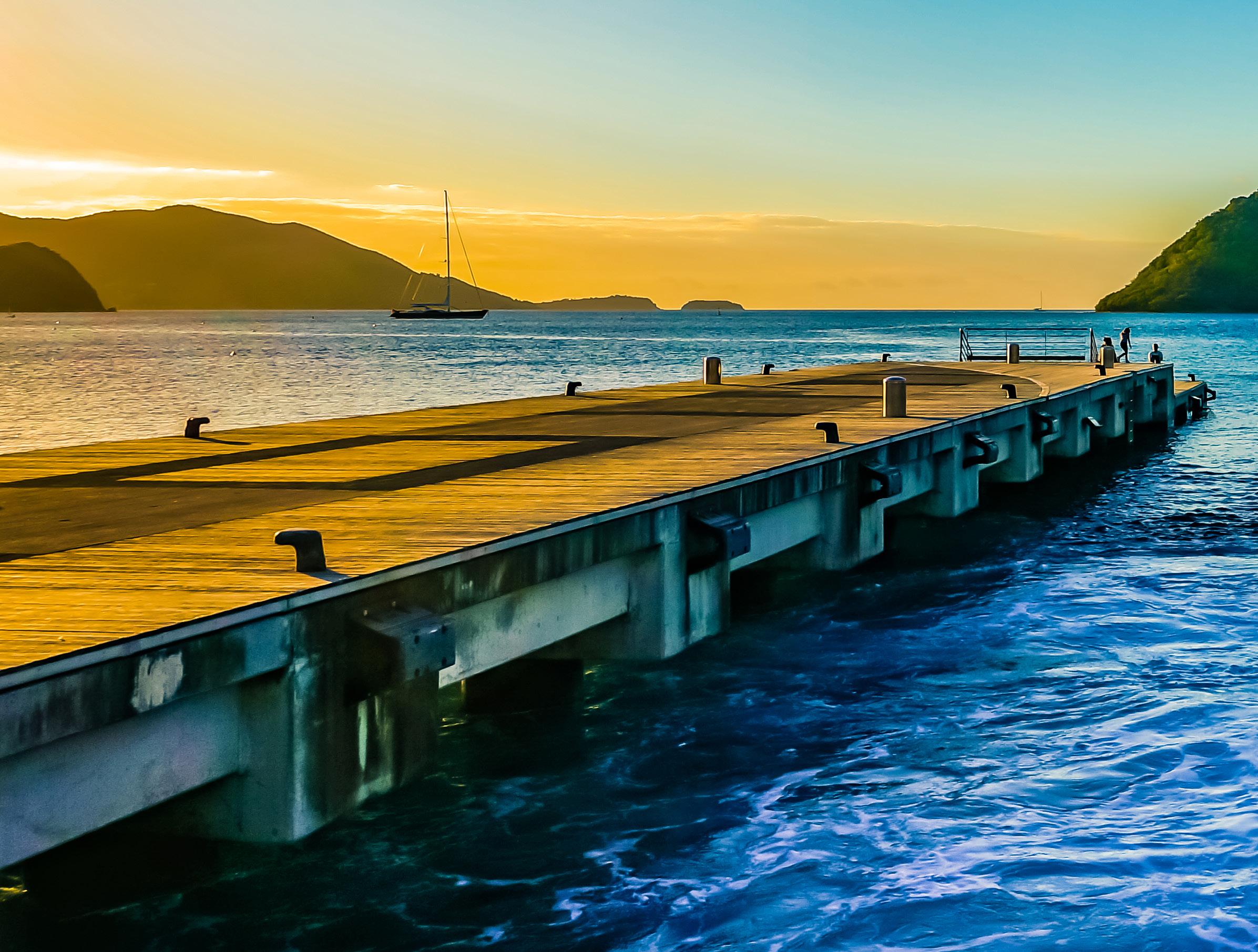
1 minute read
TRAVEL
SEA LEVEL RISE A THREAT TO CARIBBEAN ISLANDS
Advertisement
WORDS | STEPHEN SPARK
Parts of the French Caribbean islands could be uninhabitable within 20 years, a geographer has warned. The effect of global warming on sea level rise and the increased number and severity of storms and floods will have a particularly serious effect on France’s overseas territories of Guadeloupe, Martinique, Marie-Galante and Saint-Martin, said Virginie Duvat, Professor of Geography at the University of La Rochelle, France.
Prof Duvat said that sea level rise cannot now be stopped, so we must expect more deadly floods like those that devastated Pointe-à-Pitre and other communities in Guadeloupe on 30 April. Unless global warming can be reversed, by approximately the year 2060 vulnerable areas will

• VIEW FROM TERRE-DE-HAUT PONTOON, LES SAINTES ARCHIPELAGO, GUADELOUPE,
FRENCH WEST-INDIES WITH TERRE-DE-BAS ON SIGHT
be flooded 180 days of the year, she estimates. The main port, industrial and commercial areas are situated in Pointe-à-Pitre, so this kind of damage would wreck the island’s economy.
The professor said that while some of the climate change effects can be mitigated temporarily by replanting corals and mangroves – which are vital for coastal protection and for fisheries – the only long-term solution is to stop polluting the air, land and sea.
The alternatives are bleak: severe shortages of water and large parts of the islands’ coastlines disappearing under water.
As well as effectively destroying the sun-sea-sand tourism industry on which the entire Caribbean depends, it will also force the relocation of tens of thousands of local people to upland areas. That brings its own problems, said Professor Duvat, because mass settlement in the upland regions may trigger mudslides and rock falls of the kind so often seen in South America. Although Duvat was talking about the Frenchadministered territories, precisely the same threats affect all the other Caribbean islands, so co-operation across the region is vital.
“We will have to adapt with climate-compatible practices for everything, all the time, and we have to anticipate it now," Professor Duvat told Agence France-Presse.




